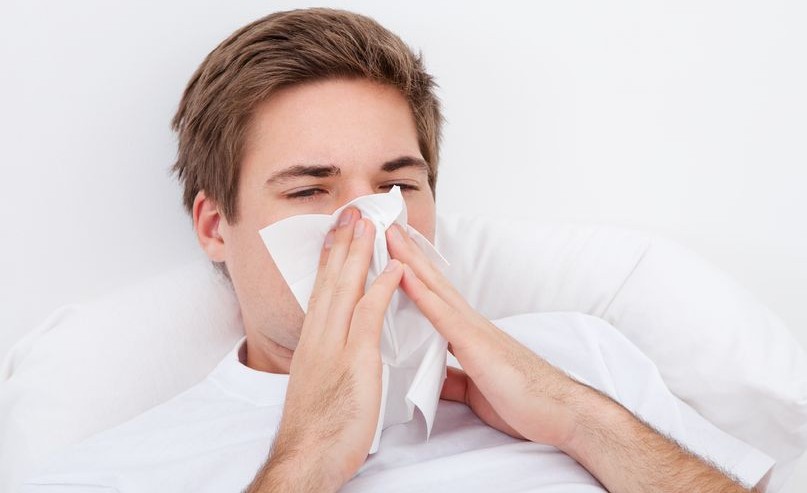Why Your Indoor Air Quality Might be Suffering
One of the most important, but often overlooked, parts of an HVAC system is the effect it has on the quality of the air in the home. As anyone with allergies can attest to, an HVAC system can recirculate air that is full of particles that can make living in the home unpleasant. Feelings of fatigue, lethargy or even illness can be caused by poor air quality. Here are some of the causes of poor air quality and things you can do with your HVAC system to prevent them.
Dust and Pet Dander
One of the most common causes of poor air quality is everyday dust. This problem can be compounded by having pets in the home. Many times dust and pet dander can make their way through a regular HVAC air filter because the filter is already clogged or not able to handle the smaller particles.
Mold and Mildew
Your home does not have to have a moisture problem for mold and mildew to get into your HVAC system. Leaking ducts hidden in the walls can provide excellent breeding grounds for mold and mildew. Ductwork that does is not fit together properly will have gaps that can collect moisture. This dark and wet environment is where the mold and mildew can grow and then be blown around your home.
Too Much or Too Little Humidity
Humidity can also be a problem, both too little in the winter and too much in the summer. Humidity in the summer can make it hard to breathe. In the winter, furnaces can make the air very dry, causing skin to dry out and become cracked.
Solutions to Air Quality Problems
So now that you know the causes of air quality issues, what can you do to solve them? Fortunately, most HVAC systems can have several amenities installed by your HVAC contractors to help with these issues.
- Change/Clean Your Filter — Probably the most cost effective and easy thing to do is to change or clean your HVAC filter on a regular basis. Every 90 days is a great target number for a filter replacement frequency. You will want to change or clean it more often if your HVAC system is heavily used or in an area with heavy contaminants.
- HEPA Filters — Not all filters are created equal. Your professional can help you install a filter that has the capability of catching smaller particles in it, reducing the amount that recirculates through the home. These products are measured in microns, which are the size of the particles. Typical HEPA filters come in the 5 to 10 micron range or smaller.
- Ductwork Cleaning and Inspection — Having the duct work in your home regularly cleaned and inspected by professionals can help to find and eliminate any ill-fitting or leaking ducts. This will eliminate the breeding grounds for mold and mildew as well as improve efficiency.
- Adding Ventilation — Sometimes the issue is not enough fresh air in your home. Adding ways for fresh air to enter can help to cycle the contaminants outside and bring in clean air for your home.
While some of these tasks can be done by homeowners, it is almost always better to hire a professional to do the job for you. If your system needs maintenance click here to get free custom quotes from reputable HVAC contractors. You’ll receive upfront pricing without having to invite a contractor to your home or even enter your contact information!
Related articles
Reduce Your Energy Bill with Proper Insulation





Comments
Comments are disabled for this post